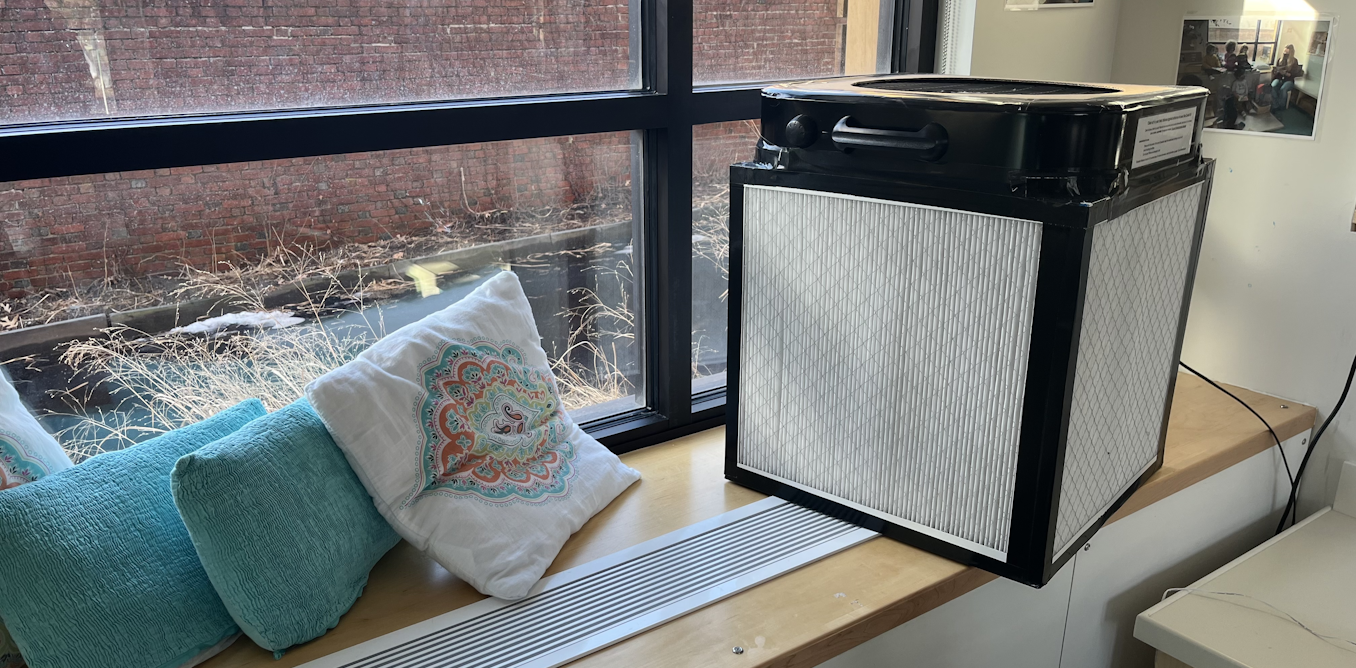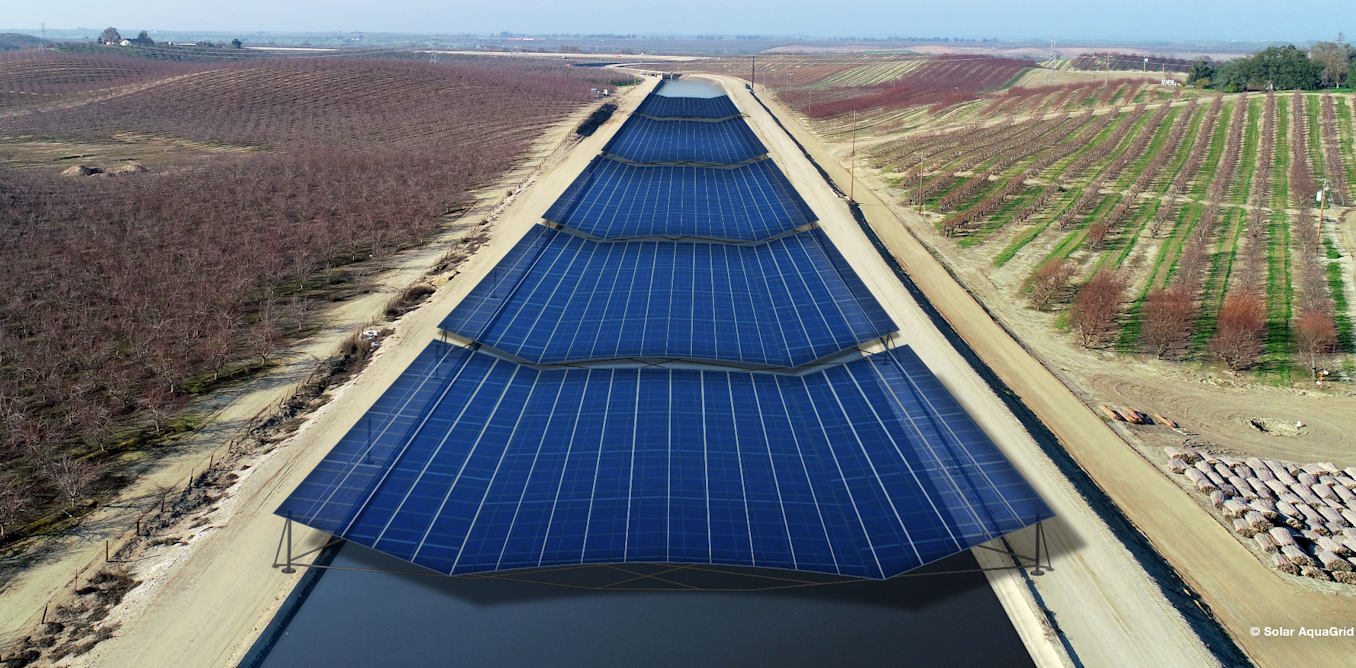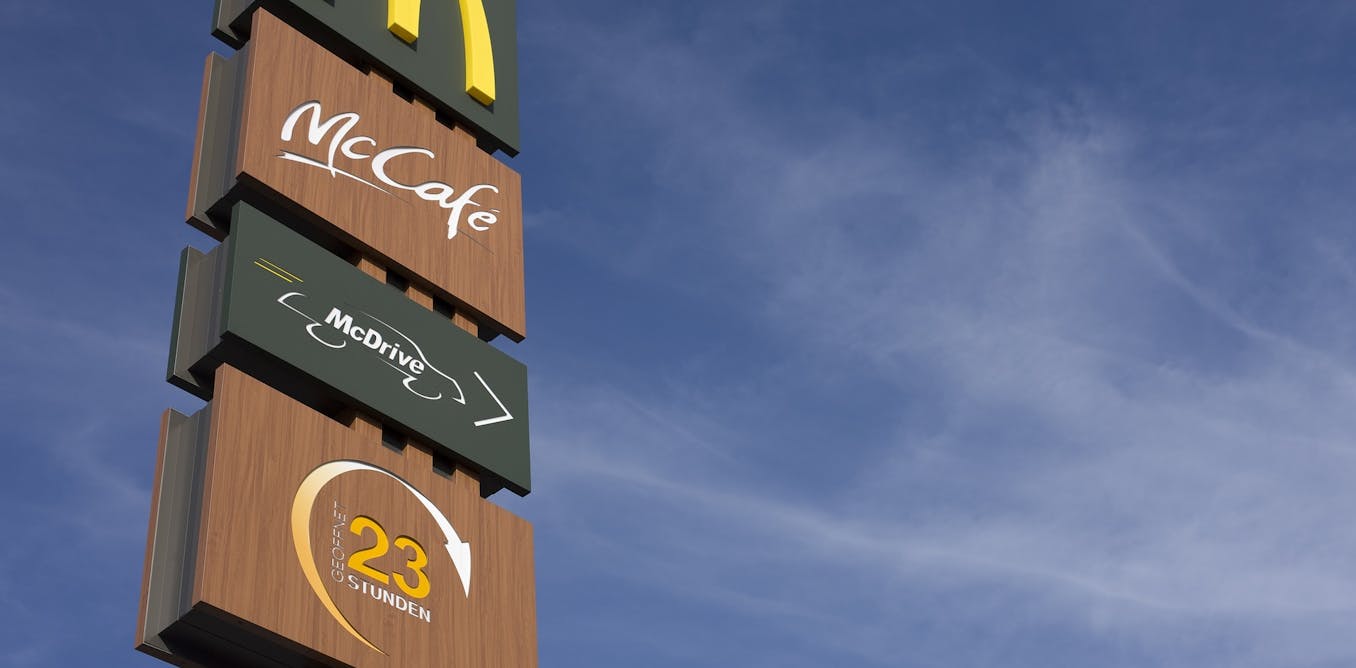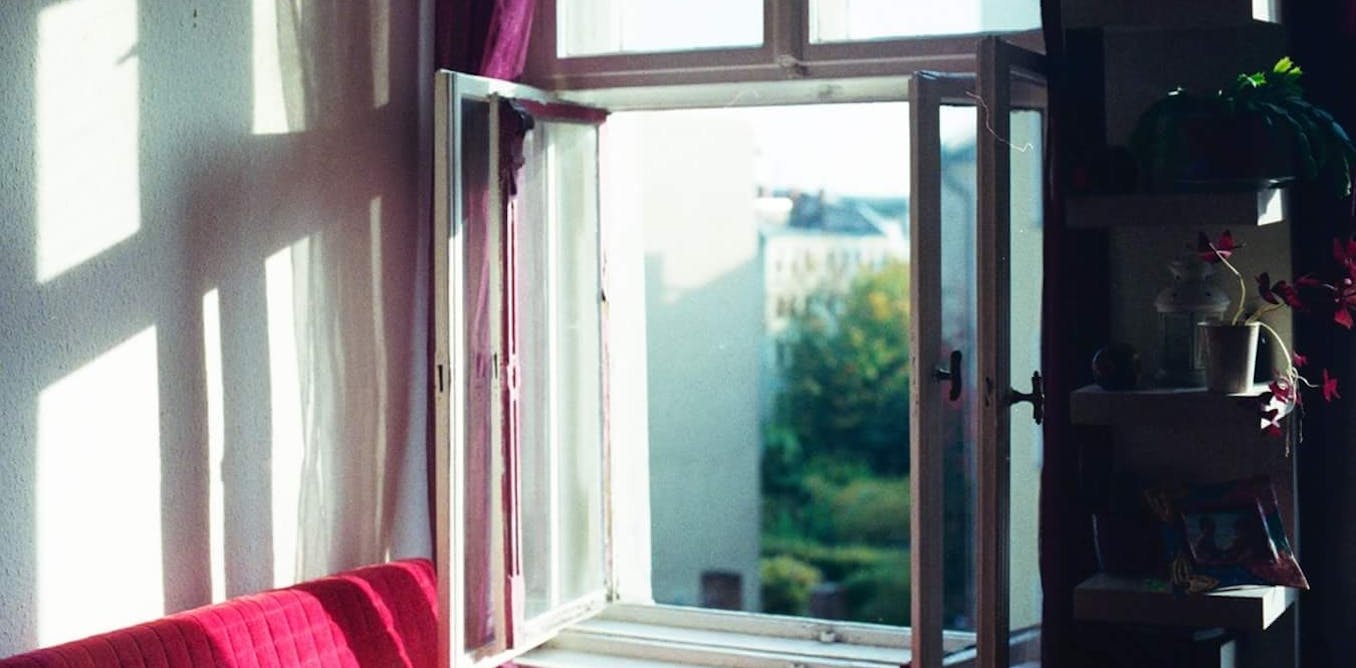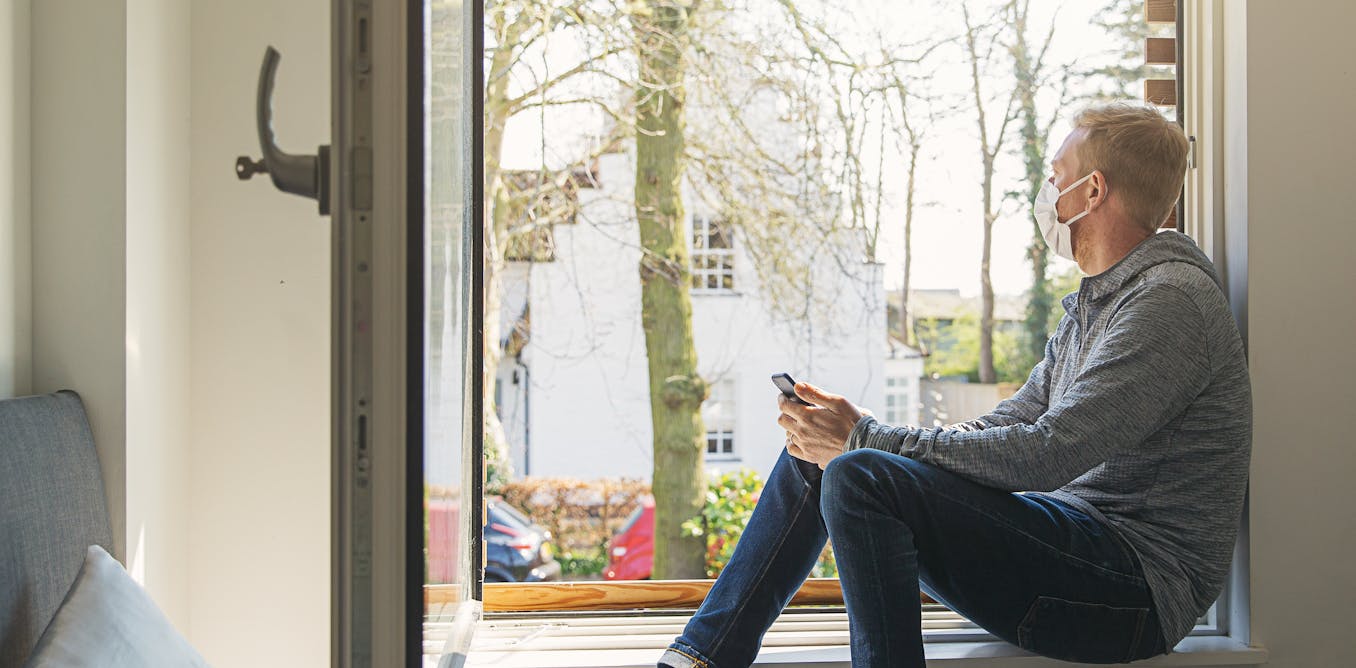How a nondescript box has been saving lives during the pandemic – and revealing the power of grassroots innovation
3D printers got a lot of attention when DIYers leapt to action to address equipment shortages early in the pandemic, but some everyday items found in hardware stores played a big role, too.
March 3, 2022 • ~12 min

